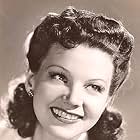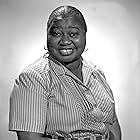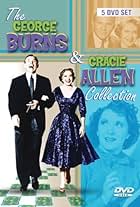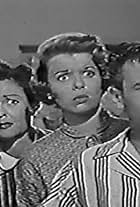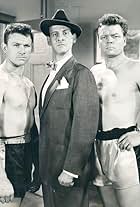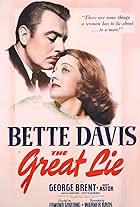The misadventures of a maid named Beulah.The misadventures of a maid named Beulah.The misadventures of a maid named Beulah.
Browse episodes
Storyline
Did you know
- TriviaHattie McDaniel had to leave the show after starring in 6 episodes because she was diagnosed with breast cancer.
- ConnectionsFeatured in Television: The Promise of Television (1988)
Featured review
I am charmed and impressed by the arguments of F. Gwynplaine McIntyre, above. (Also charmed by the clever pseudonym--a fan of both Victor Hugo *and* The Munsters, eh?) But honestly...isn't "racist" a little rough and anachronistic when describing an early 50s sitcom? "Racisme" was a obscurantist cant word invented by Stalinists in Paris circa 1946, and it didn't hit the English-speaking world till about 1970.
And even if we translate the word the way Gwynplaine presumably intends--as a stand-in for "prejudiced" or "biased"--the argument is preposterous. Beulah and her ilk were not cringing, shuffling darkies at all. They were proud and capable Negro folk, and in fact much of the routine humor of the series came out of the juxtaposition between their honestly and adeptness, and that of the white folks who lived in parallel. Every time the man of the house got sick, the doctor came over and prescribed a diet of milktoast. You never saw the colored people having to eat milktoast. When the boy in the series wanted help or advice he didn't go to Mr. Milktoast, no, he went to that Negro boxing coach over the fence, the one who dispensed wisdom out the side of his sassy satchel-mouth; or he went to one of Beulah's friends.
Really, it was precisely the same setup as the TV show 'Hazel' a few years later; though of course Hazel was a white American maid and the cast of characters wasn't nearly as colorful (pun not intended--though it brings up a good point: where were all the black people circa 1958-1965?)
And even if we translate the word the way Gwynplaine presumably intends--as a stand-in for "prejudiced" or "biased"--the argument is preposterous. Beulah and her ilk were not cringing, shuffling darkies at all. They were proud and capable Negro folk, and in fact much of the routine humor of the series came out of the juxtaposition between their honestly and adeptness, and that of the white folks who lived in parallel. Every time the man of the house got sick, the doctor came over and prescribed a diet of milktoast. You never saw the colored people having to eat milktoast. When the boy in the series wanted help or advice he didn't go to Mr. Milktoast, no, he went to that Negro boxing coach over the fence, the one who dispensed wisdom out the side of his sassy satchel-mouth; or he went to one of Beulah's friends.
Really, it was precisely the same setup as the TV show 'Hazel' a few years later; though of course Hazel was a white American maid and the cast of characters wasn't nearly as colorful (pun not intended--though it brings up a good point: where were all the black people circa 1958-1965?)
- How many seasons does Beulah have?Powered by Alexa
Details
- Runtime30 minutes
- Color
- Aspect ratio
- 1.33 : 1
Contribute to this page
Suggest an edit or add missing content















